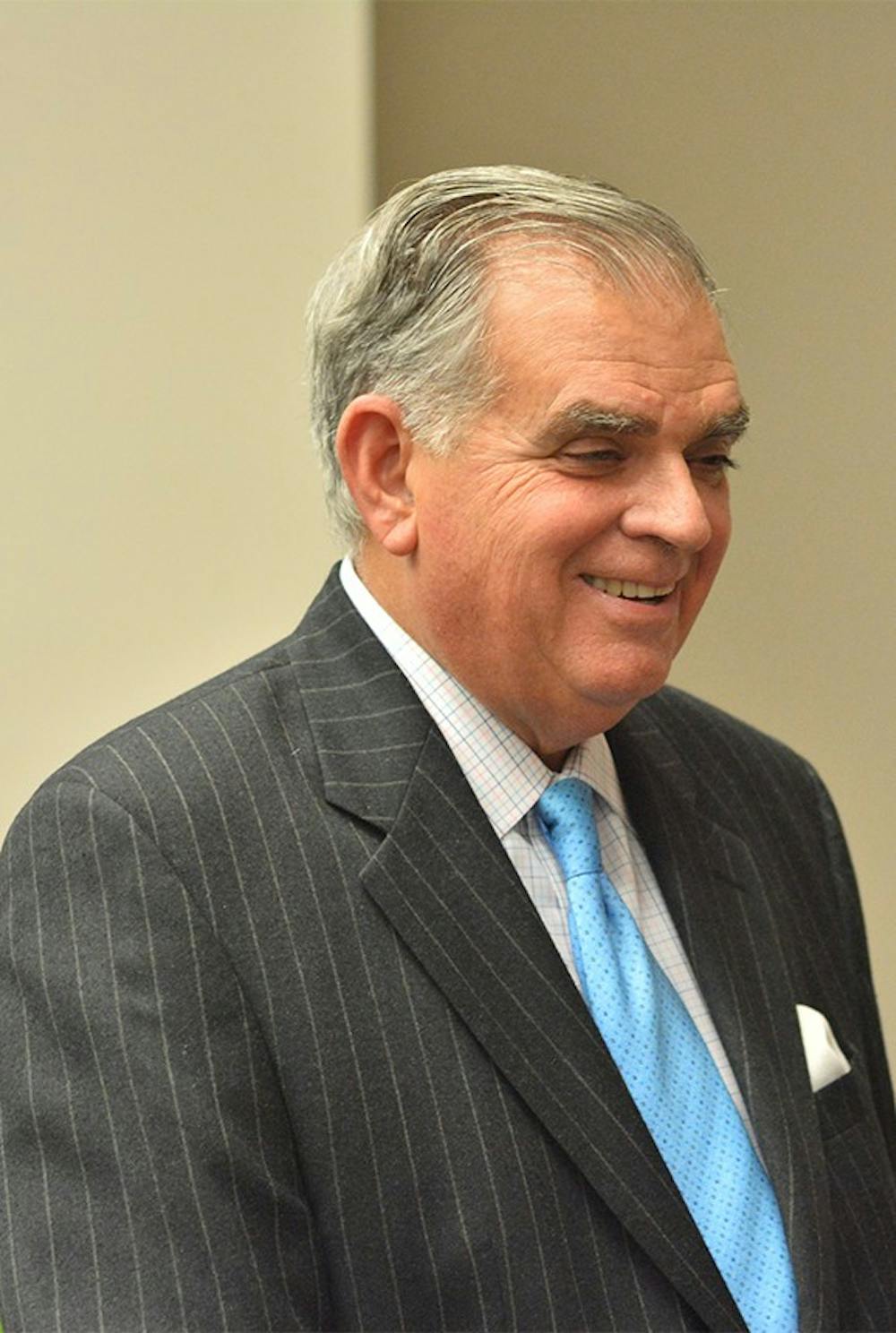Due to rising fuel efficiency standards, the North Carolina and federal governments will have to find alternative revenues to fund transportation as the biggest source of revenue — the motor fuels tax — continues to decline.
In August 2012, President Barack Obama finalized the Corporate Average Fuel Economy Standards (CAFE), which will require cars and light-duty trucks made by foreign and domestic car manufacturers to meet a 54.5 miles per gallon fuel efficiency by 2025.
Former U.S. Transportation Secretary Ray LaHood said in an interview earlier this month that raising the CAFE standards was one of the biggest successes in transportation in the last few years.
“The president said we need to raise that much higher to take (carbon dioxide) out of the air and to get the car manufacturers to know what the standard is,” he said.
But as cars become more efficient, gas sales will decrease and less revenue will be collected from the motor fuels tax, which is the biggest source of transportation revenue on a federal and state level.
“We also know that as we raise the gasoline standards, we’re going to lose revenue,” LaHood said. “And Congress is going to have to address this.”
LaHood said Congress could address the revenue shortfall by implementing more tolls nationwide or using a method called vehicle miles traveled, where people are charged by the number of miles they travel.
He said the gas tax ought to be raised 10 cents per gallon, since it hasn’t been raised in two decades, and automatically adjusting the tax annually.
But raising the gas tax alone wouldn’t be enough to make up for revenue shortfall, LaHood said, so other sources of revenue must be considered.




